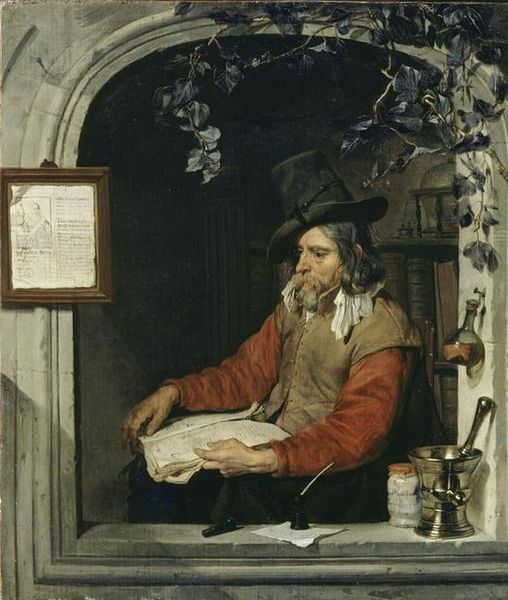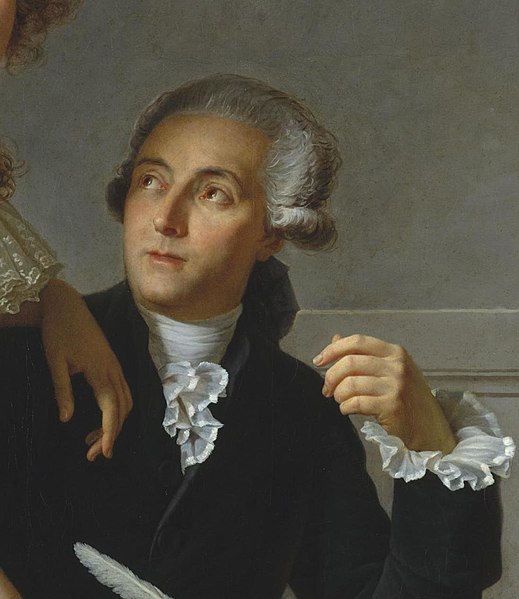Dmitri Ivanovich Mendeleev was a Russian chemist and inventor. He is best known for formulating the Periodic Law and creating a version of the periodic table of elements. He used the Periodic Law not only to correct the then-accepted properties of some known elements, such as the valence and atomic weight of uranium, but also to predict the properties of three elements that were yet to be discovered.
Mendeleev before 1907
Sculpture in honor of Mendeleev and the periodic table, located in Bratislava, Slovakia
Dmitri Mendeleev in 1890
Mendeleev, Alfred Werner, Adolf von Baeyer, and other prominent chemists
A chemist is a graduated scientist trained in the study of chemistry, or an officially enrolled student in the relevant field. Chemists study the composition of matter and its properties. Chemists carefully describe the properties they study in terms of quantities, with detail on the level of molecules and their component atoms. Chemists carefully measure substance proportions, chemical reaction rates, and other chemical properties. In Commonwealth English, pharmacists are often called chemists.
The Apothecary or The Chemist by Gabriël Metsu (c. 1651–67).
German chemist Georgius Agricola (1494–1555) was the first to drop the Arabic definite article al-, exclusively writing chymia and chymista in describing activity that we today would characterize as chemical or alchemical.
Russian chemist Dmitri Mendeleev – author of the first modern periodic table of elements
Antoine Lavoisier (1743–94) is considered the "Father of Modern Chemistry".








